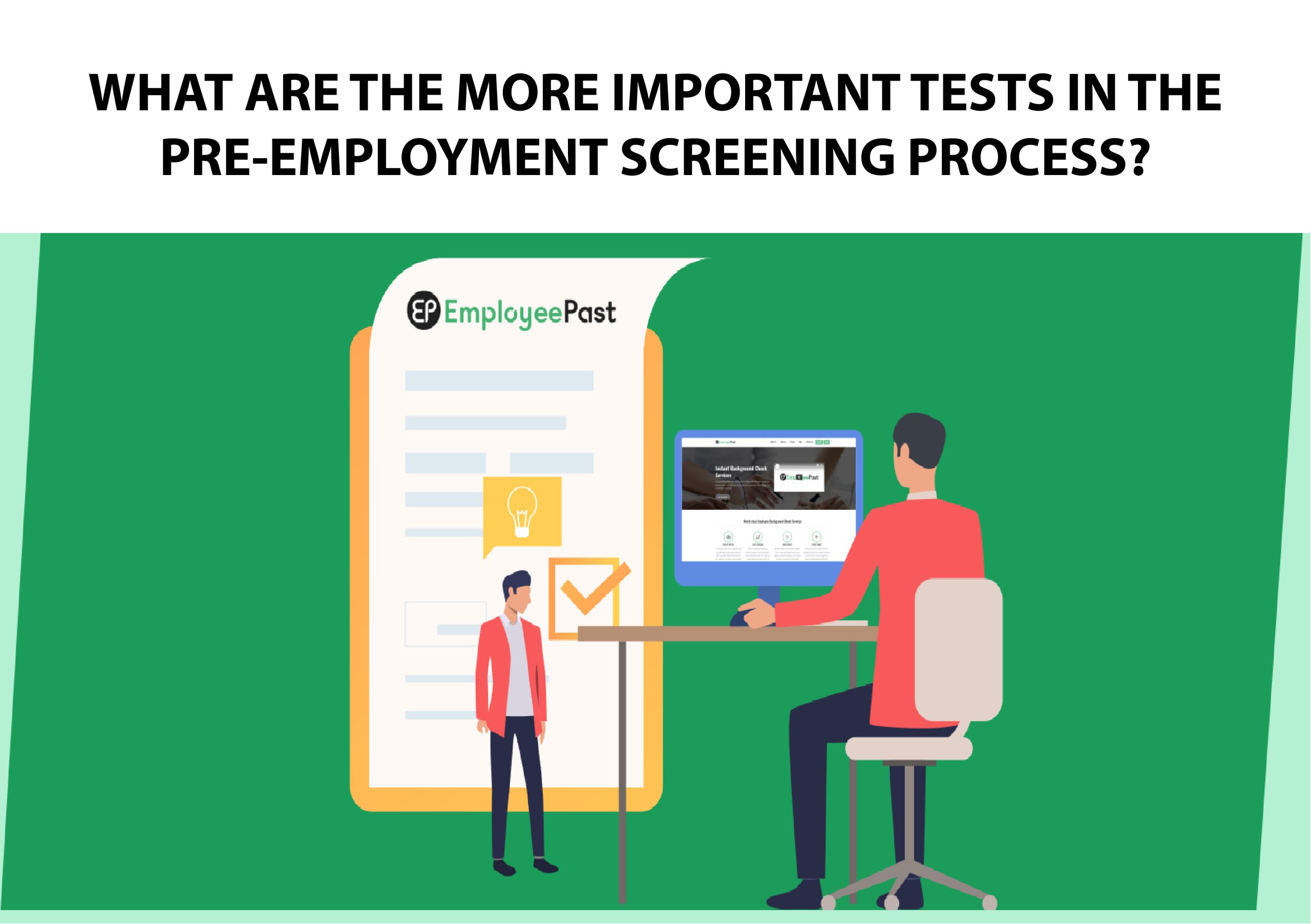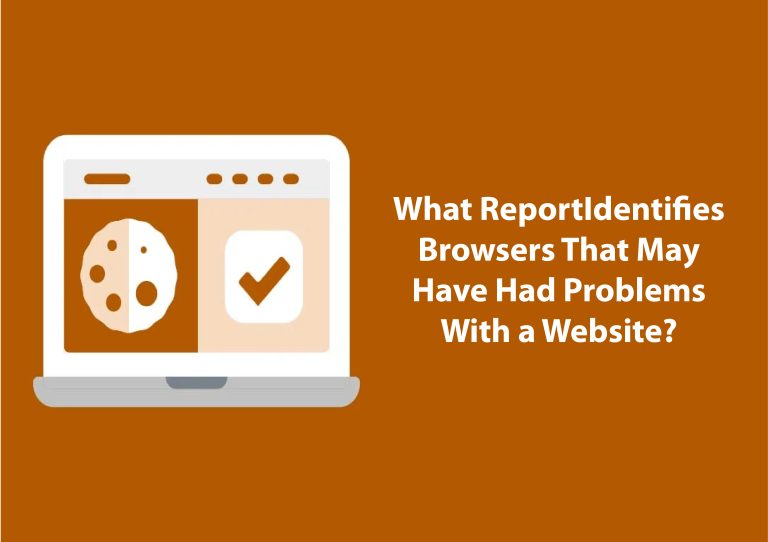WHAT ARE THE MORE IMPORTANT TESTS IN THE PRE-EMPLOYMENT SCREENING PROCESS?

There are so many pre-employment screening processes that it is difficult to determine which ones best represent future success and which ones are worth it!
Why is Personality Important?
With 62% of employers defining “bad employees” as people with negative attitudes, academics and practitioners have promoted the assessment of “soft” rather than “hard skills.” If implemented properly, personality tests can provide valuable information about these attributes that cannot be extracted from resumes or work experience and can help employers answer these three difficult and important questions before hiring (or even interviewing) applicants.
Measuring the need for “softer” skills in the candidate pool and the importance of character-job “fitness” may be one of the reasons why personality testing is so common in employee selection. Currently, 80% of Fortune 500 companies in the United States and more than 75% of Time Top 100 companies in the UK are using some form of personality test to select employees. Psychological tests are widely used by information technology companies, financial institutions, management consulting companies, local authorities, police and fire departments, and the armed forces.
Using Can grade as an example of a personality test. You can see in the figure above how much better personality assessment is compared to other measures (Although Can grade is committed to data analysis, some personality assessments are not. For the purpose of discussion. I will emphasize is on scientifically valid and legal personality assessments, namely non-Meyer Briggs and similar tests.
SAVINGS FROM TESTING
Pre-employment testing may be a cost-saving but highly predictive way to reduce the number of applicants. Scientifically validated tests can allow companies to spend less time with people whose characteristics, skills, and abilities do not match the individuals required for the job. Thereby making the decision-making process more efficient. In addition, psychological tests can reduce training and quitting costs by helping and then hiring people. Who “struggle” because of work excitement and motivation.
THE COST OF MAKING WRONG DECISIONS IS HIGH
For many employment decisions. The wrong choice can have disastrous consequences, leading to low productivity, and high training costs. Costly mistakes and replacements. Because scientifically validated personality assessments are more predictive than. The criteria people usually use to select candidates for interviews (for example, university GPA, final job location), by using these assessments. You can greatly reduce the “catastrophic hiring.” chance.
BEST FOR JOBS THAT REQUIRE ATTRIBUTES THAT ARE DIFFICULT TO DEVELOP OR CHANGE
Automatic pre-screening like this, no matter how many candidates. You have, allows you to quickly and effectively collect a large amount of information. About the applicant database. An important advantage of using personality and aptitude tests is that they can often provide information about individuals. Which is difficult to obtain through other methods or is more costly to obtain through other methods.
CANDIDATES ARE ALWAYS TREATED FAIRLY
The use of standardized tools in employment decision-making ensures that the same information is collected and used for everyone, and hiring or interview decisions are based only on relevant standards that have been shown to affect real-world outcomes (such as job performance and satisfaction). . Employers often turn to psychological tests because they are fairer than other less standardized procedures.
LOOKING FOR HAPPIER EMPLOYEES
After all, companies don’t just want to hire people who perform well. They hope that someone is willing to make the workplace “brighter” by being there. By helping people find happier and more satisfying jobs, psychological tests can help ensure that employees are happy and healthy.






